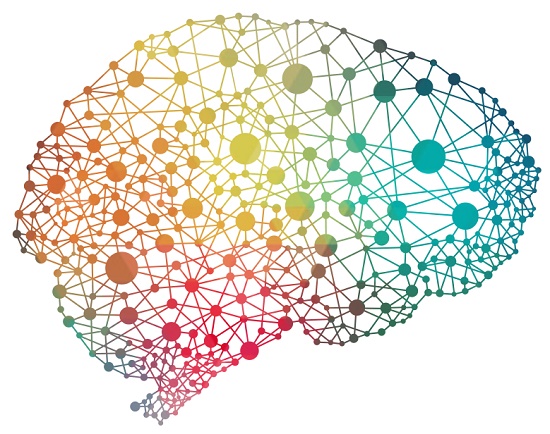
In 2013, Johns Hopkins University researcher and epidemiologist Dr. Frank Lin led a study which was the first to examine the potential consequence of hearing loss on mental performance.
Research volunteers with hearing loss took repeated cognitive assessments, used to evaluate memory and thinking skills, over the length of six years. Hearing tests were also carried out over the same time frame.
What the researchers found was concerning: those with hearing loss had cognitive abilities that declined 30 to 40 percent faster than those with normal hearing, even after accounting for other contributing factors like high blood pressure, age, and diabetes.
But that wasn’t everything. Not only did those with hearing loss experience higher rates of cognitive decline—the decline was directly linked to the seriousness of the hearing loss. The more extreme the hearing loss, the greater deterioration to brain performance. Moreover, those with hearing loss exhibited indicators of substantial cognitive impairment 3.2 years sooner than those with average hearing.
The research shows a strong association between hearing loss and cognitive decline, but the question remains as to how hearing loss can generate cognitive decline.
How Hearing Loss Creates Cognitive Decline
Researchers have suggested three explanations for the connection between hearing loss and cognitive decline:
- Hearing loss can result in social isolation, which is a recognized risk factor for cognitive decline.
- Hearing loss forces the brain to dedicate too many resources to the processing of sound, at the expense of short term memory and thinking.
- A shared underlying trauma to the brain causes both hearing loss and reduced brain function.
Possibly it’s a mixture of all three. What is clear is that, regardless of the cause, the link between hearing loss and cognitive decline is strong.
The concern now becomes, what can we do about it? Researchers estimate that 27 million Americans over age 50, including two-thirds of men and women aged 70 years and older, experience some form of hearing loss. Is there a way those with hearing loss can protect against or counter cognitive decline?
Can Hearing Aids Help?
Remember the three ways that hearing loss is believed to trigger accelerated cognitive decline. Now, consider how hearing aids could resolve or correct those causes:
- Individuals with hearing aids increase their social confidence, become more socially active, and the side effects of social isolation—and its contribution to mental decline—are lessened or eliminated.
- Hearing aids protect against the fatiguing effect of struggling to hear. Cognitive resources are freed up and available for memory and thinking.
- Hearing aids generate elevated sound stimulation to the brain, helping to re-establish neural connections.
Admittedly, this is mainly theoretical, and the big question is: does using hearing aids, in fact, slow or protect against hastened mental decline, and can we quantify this?
The answer could be discovered in an forthcoming study by Dr. Frank Lin, the lead researcher of the initial study. Lin is working on the first clinical trial to examine whether hearing aids can be objectively measured to protect against or mitigate brain decline.
Stay tuned for the results, which we’ll address on our blog once published.
